Al Jobran Insights
Exploring a World of News and Information
Tokenomics Unplugged: How Game Mechanics Are Fueling the Future of Play
Discover how innovative game mechanics and tokenomics are revolutionizing gaming. Unlock the future of play and join the evolution today!
Understanding Tokenomics: The Backbone of Play-to-Earn Models
Tokenomics is a crucial concept in the realm of play-to-earn (P2E) gaming, serving as the foundational framework that supports the economic models of these games. This term combines 'token' and 'economics,' referring to how a digital currency or token is issued, distributed, and utilized within a gaming ecosystem. Understanding tokenomics is essential not only for developers looking to create sustainable and engaging P2E experiences but also for players and investors who wish to comprehend the financial mechanics driving these platforms. Key components of tokenomics include token supply, distribution mechanisms, and incentives that align player interests with the overall health of the game's economy.
In a well-designed P2E model, effective tokenomics helps to establish a balanced ecosystem where players earn rewards for their time and effort, thereby promoting ongoing engagement and investment in the game. The design of the token itself—whether it be a utility token, governance token, or a hybrid—also plays a significant role in the overall ecosystem. To illustrate, consider the following factors that influence the play-to-earn dynamics:
- Scarcity: A limited supply of tokens can drive up demand, while unlimited issuance can lead to inflation.
- Utility: Tokens should offer real value within the game, such as enabling purchases of in-game assets or granting governance rights.
- Staking Rewards: Encouraging players to stake their tokens can enhance the ecosystem's stability and incentivize long-term participation.

Counter-Strike is a popular first-person shooter game that pits terrorists against counter-terrorists in various objective-based missions. The game's strategic gameplay and team dynamics have created a dedicated community of players and fans alike. If you're looking to enhance your gaming experience, be sure to check out our bc.game promo code for exclusive offers!
How Game Mechanics Drive Engagement in Tokenized Economies
In the realm of tokenized economies, game mechanics play a pivotal role in enhancing user engagement and participation. By incorporating elements such as reward systems, levels, and achievements, platforms can create a captivating experience that motivates users to interact more frequently. For instance, loot boxes and leveling up provide tangible incentives for users to invest time and resources into the platform, fostering a sense of accomplishment that keeps them coming back. Additionally, community-centric mechanics like leaderboards and collaborative missions encourage social interaction, further solidifying user commitment to the ecosystem.
The integration of game mechanics in tokenized economies also facilitates user retention and loyalty. By implementing well-structured incentive programs, users are more inclined to engage with the platform and advocate for it within their networks. Consider the example of staking rewards, where users can earn tokens by participating in the ecosystem; this not only creates a sense of ownership but also aligns their interests with the platform's success. As the competition increases in the digital landscape, leveraging these interactive elements becomes crucial for platforms aiming to cultivate a dedicated user base.
What Are the Key Elements of Tokenomics in Gaming?
Tokenomics in gaming refers to the economic framework of token systems within digital games, particularly those that incorporate blockchain technology. The key elements of tokenomics include token utility, token supply, and incentives. Token utility defines how players can use the tokens within the game environment, such as for purchasing in-game assets, participating in governance, or earning rewards. Token supply, on the other hand, dictates the quantity of tokens available, affecting their overall value and scarcity. Lastly, incentives play a crucial role by establishing the benefits for players to engage with the tokens, which can influence player retention and promote a healthy in-game economy.
Another critical aspect of tokenomics is the distribution method of tokens, which can significantly impact user engagement. Common distribution methods include initial coin offerings (ICOs), airdrops, and staking rewards. Each strategy offers different advantages and challenges, and the right choice will depend on the game's target audience and objectives. Furthermore, transparency in the tokenomics model is essential, as it builds trust within the community and encourages user participation. Ultimately, a well-structured tokenomics model can lead to a thriving game ecosystem, enhancing player experience and driving the game's success.